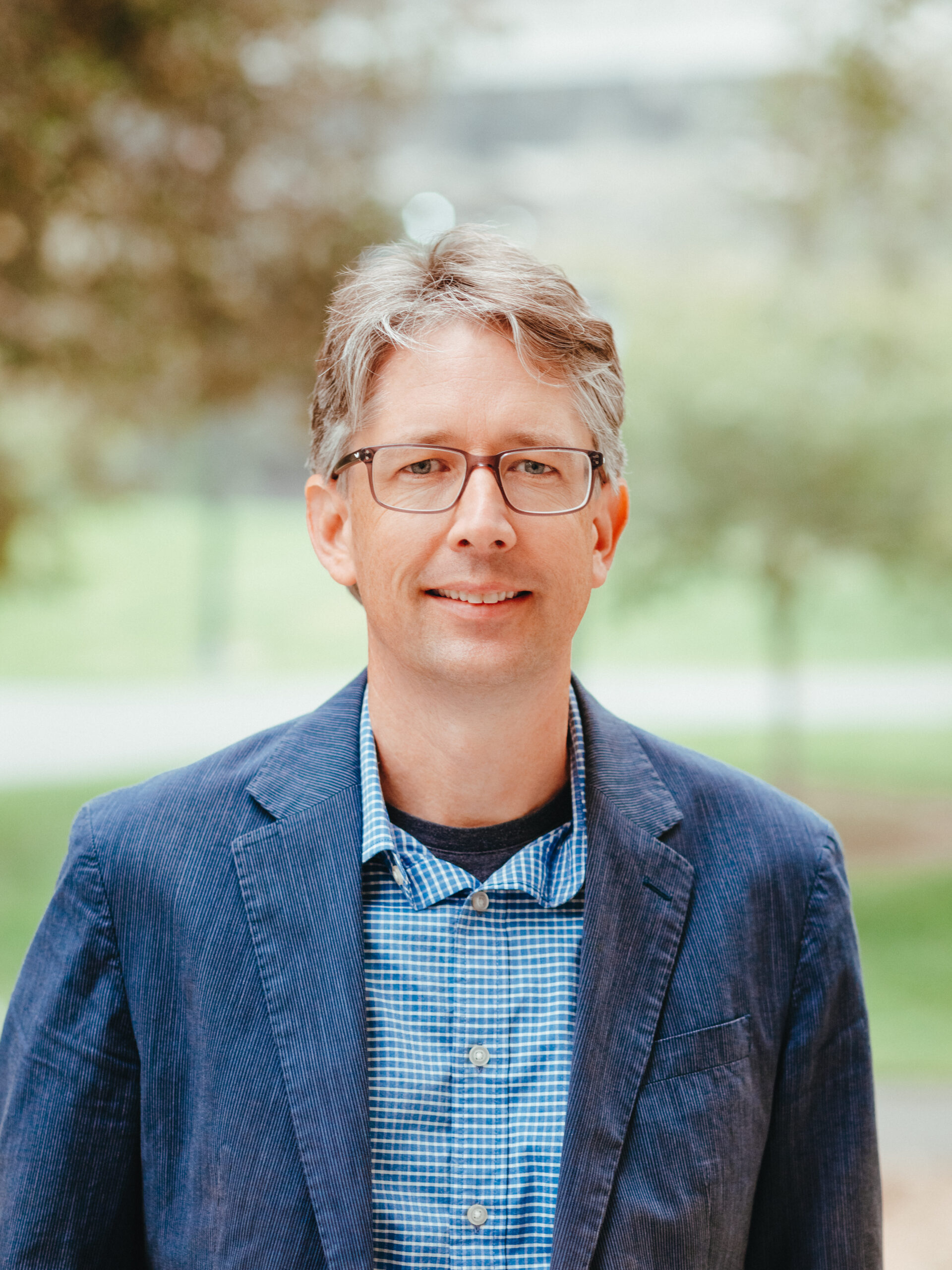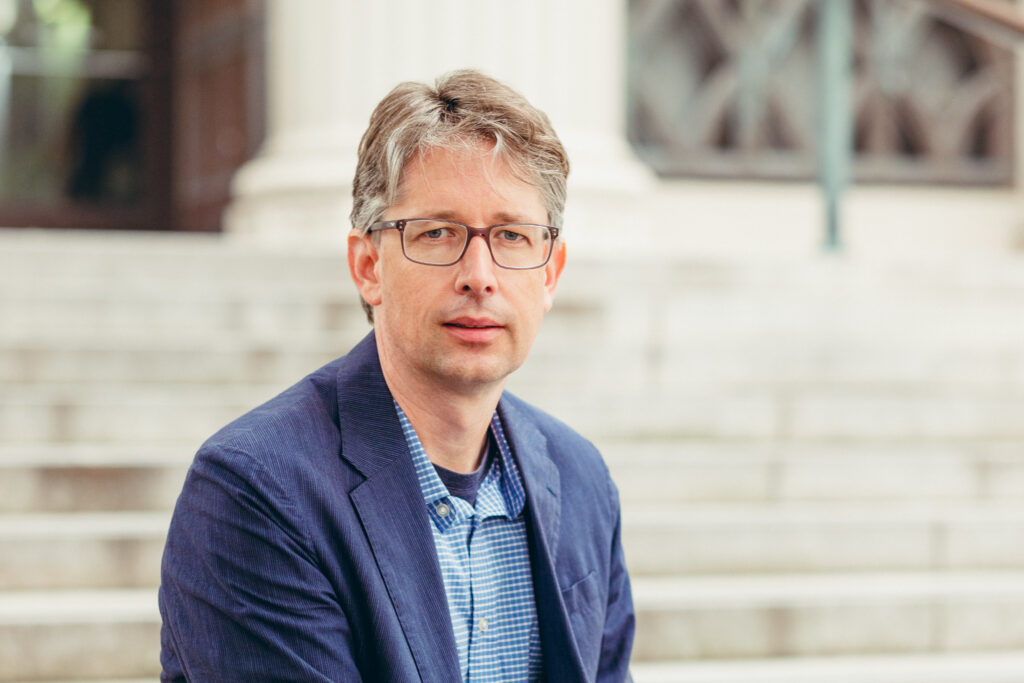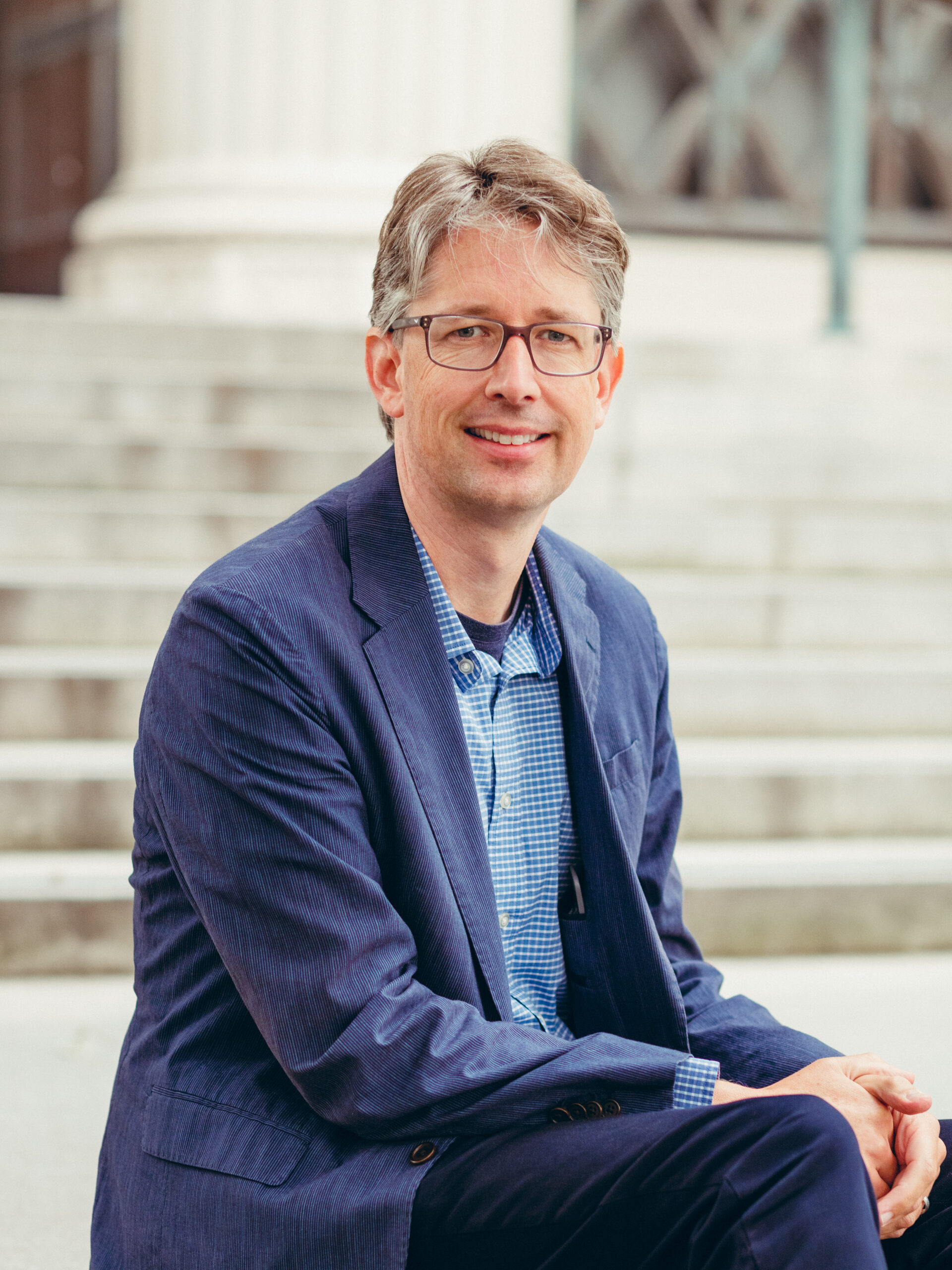
Entrepreneurial Journeys
Faculty FellowsHow a Bakar Fellow’s Curiosity is Changing Cancer Treatment
By: Niki Borghei
Background
“As long as I can remember, I have been interested in science,” said Dr. Russell Vance, Bakar Faculty Fellow and professor at UC Berkeley. “However, it took me quite a while to decide to be a scientist. In fact, after graduation from college, I spent a year exploring philosophy as a career by completing a master’s degree in philosophy. Ultimately, I decided to attend Berkeley for my PhD in molecular & cell biology, and never looked back. My interest in immunology specifically was spurred by a previous mentor, Dr. John Elliott at the University of Alberta, who suggested I might enjoy immunology, as it was ‘the most philosophical of the biological sciences.’ That stuck with me for years, and I still think there is a lot of truth to it.”

Motivation
Dr. Vance’s lab is investigating how our immune system protects us from infection, why this succeeds almost all the time, and why it sometimes fails. His lab’s work has implications for figuring out how to help stimulate the immune system to treat cancer. The source of Dr. Vance’s motivation is his curiosity, and although treating cancer is notoriously difficult, he is continuously driven by his desire to uncover the secrets of the immune system.
“Most scientists are very well-accustomed to the idea of failure,” he said. “Most of what we do fails on a daily basis. However, one of the great things about science is that the daily failures are not generally a problem. Indeed, they are expected and even welcomed as a way to learn what does not work — they are a necessary path toward finding what does actually work. The rare successes are what we live for, but these are usually hard-earned after a lot of failure, and sometimes the successes come in someone else’s lab, building on the knowledge of many others in the field. Science therefore tends to attract the kind of person who doesn’t need daily and personal gratification, but who can see their work in the context of a very long-term field-wide ambition or goal.”
Areas of Research
The curiosity-driven nature of his lab, he believes, is the key to success. Every challenge presents an exciting opportunity to learn more about the immune system and potentially find new treatments along the way.
“One of the principles of the immune system is that it can distinguish ‘self’ from ‘foreign,’” he explained. “This is very helpful for detection and elimination of bacteria and viruses, which are generally very different from our own cells, and are thus easy to detect. By contrast, tumors arise from our own cells — in many cases, they are very similar to our own cells. Thus, the immune system often struggles to detect and eliminate them.”
Many immunologists, including Dr. Vance, are inspired by the remarkable success of Dr. Jim Allison, a former UC Berkeley professor and 2018 Nobel Laureate whose discoveries in immunology revolutionized cancer treatments. Dr. Vance is expanding on this research with the goal of identifying small molecules that block the anti-interferon defenses of tumors. In other words, he is researching how to “turn off” the tumor’s ability to shield itself from the immune system.
Where it Leads
Delving into entrepreneurship, Dr. Vance knew that what made him successful as a scientist would make him successful as an entrepreneur: passion, curiosity, and perseverance.
“I have been very lucky that some of our work has had entrepreneurial value and that I have been able to connect with people in industry who appreciate the implications of our findings,” he explained, noting that for him, the best model has been where he focuses on his strengths, namely leading curiosity-driven science in his lab at Berkeley, and letting others translate the findings. “The key to that model has been to connect with fantastic people in biotech who are skilled at bridging that gap between academia and the clinic.”
But it doesn’t stop there. “The Bakar Fellows Program allowed a postdoctoral fellow in my lab, Dr. Moritz Gaidt, to pursue our interest in a new mechanism of immune activation that is called “effector-triggered” immunity. With the support of Bakar, Moritz was able to identify a key regulator of this response that is called MORC3. In conjunction with a local biotech company who has licensed our IP, we are investigating whether the MORC3 pathway might be targeted as an immunotherapy for cancer,” he said, once again proving that it is passion for the science, not interest in commercialization alone, that drives success in both the lab and entrepreneurial world.
